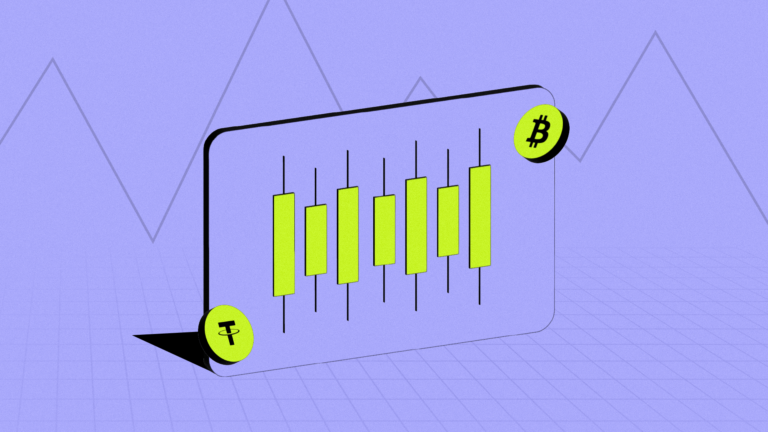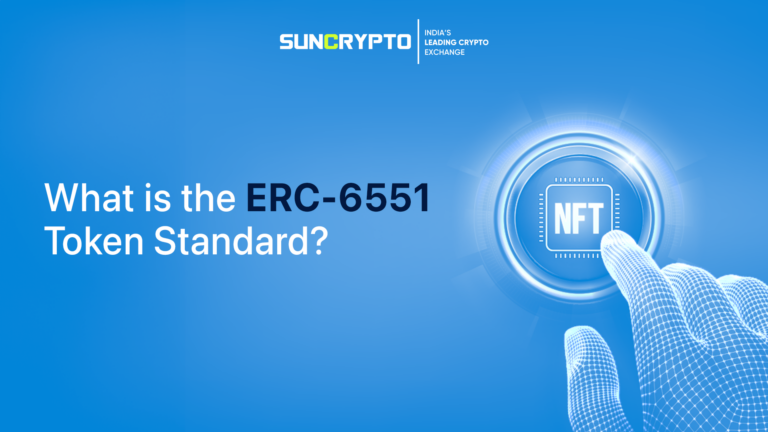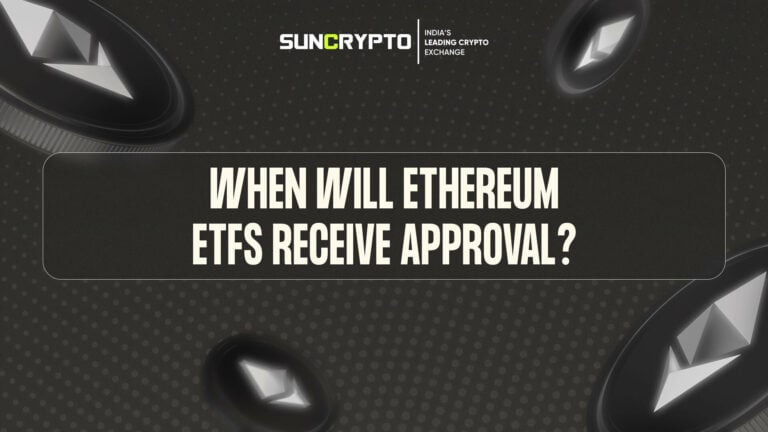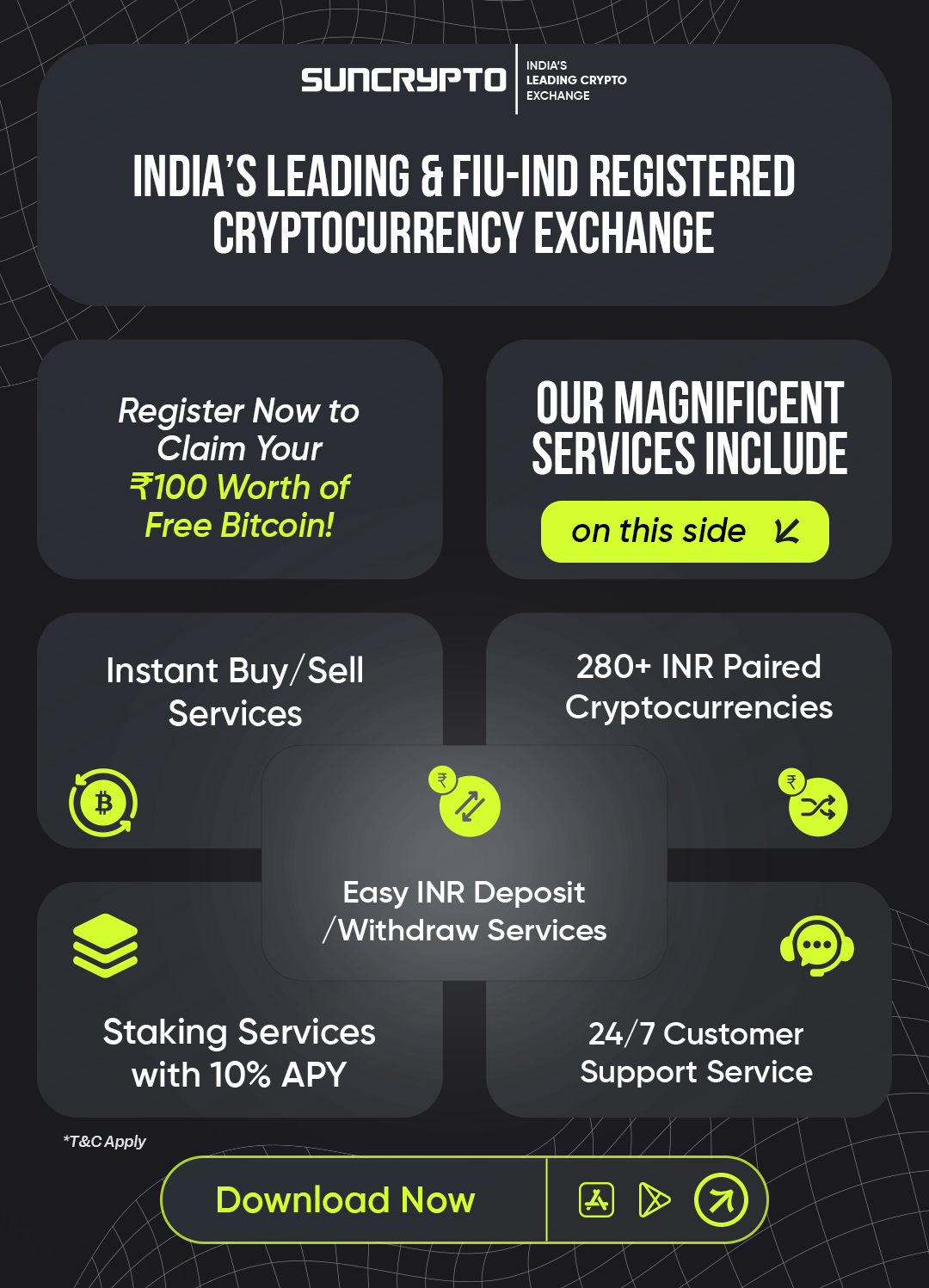Cryptocurrencies have created many exciting opportunities, but they are also loaded with risks and perils for the beginner. Follow the three general security principles listed below to reduce some of the risks connected with using, owning, and trading cryptocurrencies.
General Security Principles 1: Maintain Your Privacy
Because of the nature of the internet, information may spread very quickly, and sometimes in undesired directions.
There are plenty of people with malicious intentions who use shady ways to steal your cryptocurrencies. Most threats and attacks aim to catch anyone who is gullible or preoccupied, rather than targeting specific individuals. However, if you unwittingly become a target by disclosing critical information, more sophisticated and targeted attacks are feasible.
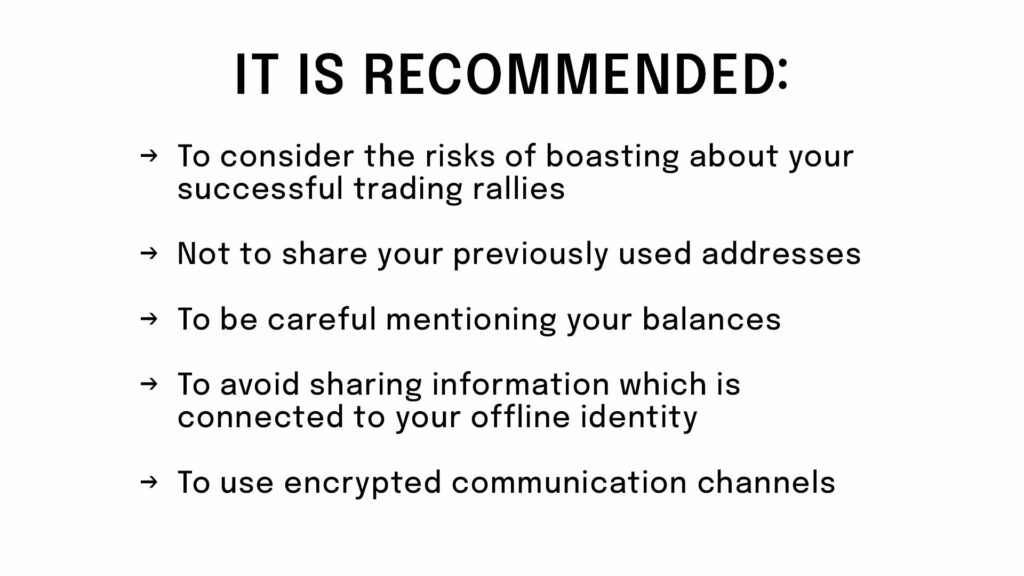
Think long-term and follow general security principles. Those few satoshis on your addresses could be worth a lot more in years to come. Or not. You might even get rid of your cryptocurrency in the meantime. But does it matter? A possible attacker, distant relatives, or even jealous strangers and acquaintances may not receive the memo in time.
General Security Principles 2: Protect Yourself
Users of both traditional banking and cryptocurrency are frequently targets of similar scams and frauds. Cryptocurrencies place responsibility on the end-user due to a lack of trust and immutability of transactions.
Banks, as trustworthy entities, have complete custodial responsibility over your money. Banks are regulated, and they interact with one another, making it simpler to detect and combat fraud. If you are victimized or make an honest error while transferring money from your bank account, you can often request a chargeback. In cryptocurrency, once a transaction has been propagated to the network and confirmed, it is irreversible.
Maintain vigilance and follow general security principles. Learn about popular phishing tactics and keyloggers. Understanding these risks will help you keep your funds safe. In addition, Creating strong and unique passwords and enabling 2FA protection for your online accounts should be the initial steps toward strengthening your overall security.
You should not forget to guard yourself against yourself because you are (most likely) a human, and people make mistakes. Making a typo while establishing backups, sending your tokens to the wrong address, or simply making the wrong decision might jeopardize your security and trigger a slew of problems.
‘Measure twice, cut once,’ says the proverb that many of us learned from our parents. When it comes to utilizing and securing digital currencies, it becomes increasingly important.
General Security Principles 3: Be Your Own Bank
To maintain the availability of your funds and to maximize security, keep your private keys offline. Although exchanges are generally safer than ever before, it is nonetheless recommended that you only retain large amounts on exchange accounts if you are an active trader.
Furthermore, like money in a bank account, you cannot claim ownership of your coins unless you hold and have exclusive access to your private keys, leaving you with only a promise.
For the first time in history, you can own a digital asset in the same way you would own actual currency or a piece of precious metal. Unlike other types of assets, cryptocurrency may be backed up on paper and accessed safely from anywhere in the globe.
Of course, as previously stated, there are numerous risks associated with holding and safeguarding these keys to your cryptocurrency. Fortunately, there are solutions available to assist you in meeting these problems while fully utilizing these new technologies.
Security, ease of use, number of use cases, and even availability differ amongst crypto wallets designed to retain your private keys. Consider your alternatives and select the type that best meets your needs.
Software and mobile phone wallets provide a wide range of capabilities and are typically quite simple to use. The main problem from a security standpoint is that they are linked to extremely complicated and frequently online settings such as your mobile phone or computer. These factors create several opportunities for viruses and hackers to gain access to your funds; thus, inexperienced users should only use them for small amounts of cryptocurrency.
Paper wallets, which hold your private keys written on a piece of paper (or engraved on a plate of metal), are often regarded as one of the most secure ways to keep private keys. They are, however, difficult to operate and are often only suitable for one-time usage.
Hardware wallets are often the most effective in balancing simplicity of usage and good security. These pocket-sized devices safeguard private keys from malware and hackers by keeping them offline; nevertheless, they cost between ₹6,000 and ₹46,000 and need physical confirmation for most tasks.
Conclusion
Remember that security is never absolute or finished. Take the time to periodically update your knowledge base and check your potential weak points. To learn more about General Security Principles, visit SunCrypto Academy.
Disclaimer: This article is a rephrased piece of content that was originally written by Trezor.io. In addition, Crypto products and NFTs are unregulated and can be highly risky. There may be no regulatory recourse for any loss from such transactions. All content provided is for informational purposes only, and shall not be relied upon as financial/investment advice. Opinions shared, if any, are only shared for information and education purposes. Although the best efforts have been made to ensure all information is accurate and up to date, occasionally unintended errors or misprints may occur. We recommend you do your own research or consult an expert before making any investment decision. You may write to us at [email protected].


